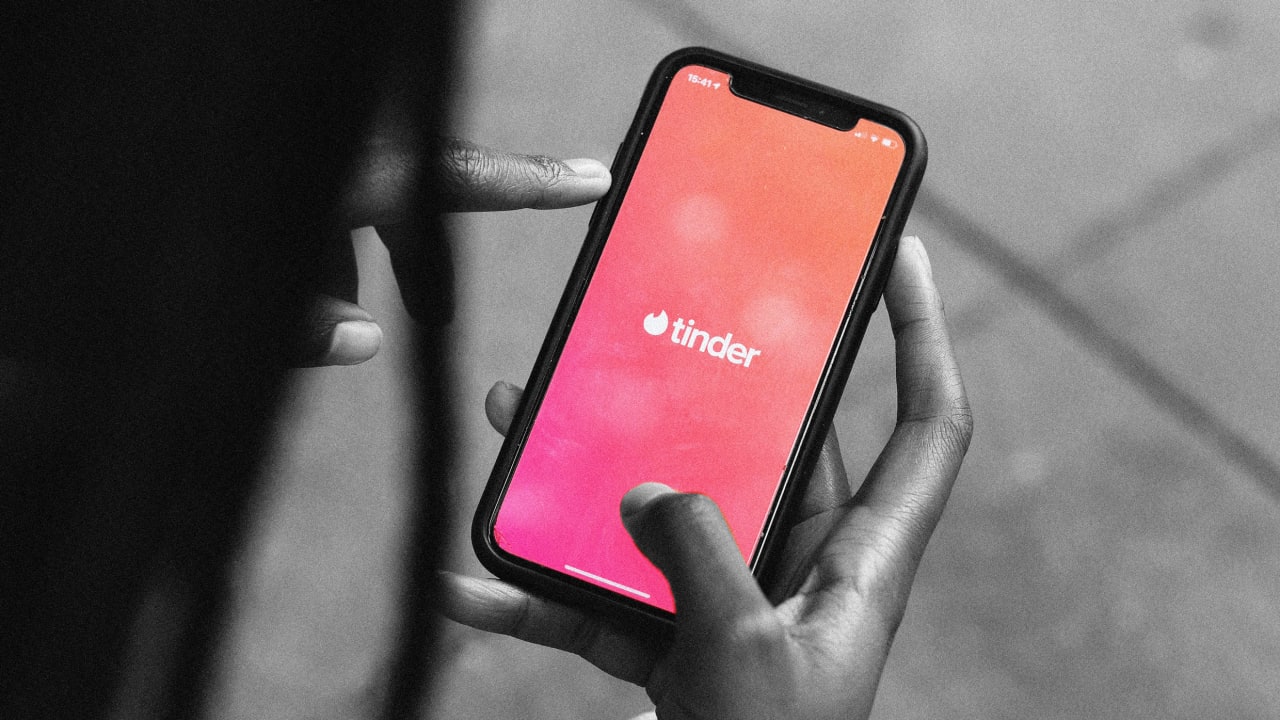Tinder continued to lose paying users in its first quarter, with Match Group CEO telling investors Tuesday that the company expects to slow user declines in the back half of this year.
Tinder’s paying user base declined 9% from the same time a year ago to just under 10 million, which it blamed on continued effects of price optimizations and monthly active user declines. Paying users were down roughly 255,000 on a sequential basis, the company added.
Tinder continues to see pressure on its monthly active users and is also facing growing pressure on a la carte revenue (for example, paying for extra likes and the ability to boost your profile), which it says is partly due to weaker consumer discretionary spending. A la carte revenue comprises approximately 20% of Tinder’s direct revenue, the company said. Tinder’s subscription revenue grew 17% year-over-year, but a la carte revenue dipped 13% in that same time.
Tinder, and Match Group’s other companies, have increased their focus on cheaper a la carte offerings in recent years in an attempt to pull in users who may not have the budget to pay for more pricey monthly subscriptions. The company said it will implement a la cart product adjustments and introduce new features over the company quarters in an effort to address headwinds.
The troubles pushed the company to lower its expectations for year-over-year direct revenue growth. Shares were down more than 4% in after-hours trading.
“Tinder is executing with focus and urgency on its strategy of improving ecosystem health and building a better product experience, especially for women and Gen Z,” CEO Bernard Kim and CFO Gary Swidler said in a joint letter to investors. “While these initiatives are having mixed short-term impacts on Tinder’s metrics, we firmly believe that these are the right things to do for the long-term health and success of the business.”
The company shared a “four-pronged strategy” in an effort to reignite growth it said. That includes “redefine dating for the next generation; win with women; improve monetization optimization and localization and build a widely loved brand.”
Match Group said that for its second quarter, it expects total revenue of $850 million to $860 million, which is up 2% to 4%, year-over-year, respectively. For Tinder, it expects direct revenue of $475 million to $480 million, which is flat to up 1% year-over-year, respectively. The company said it expects similar year-over-year Tinder Payer growth in the current quarter compared with Q1.

